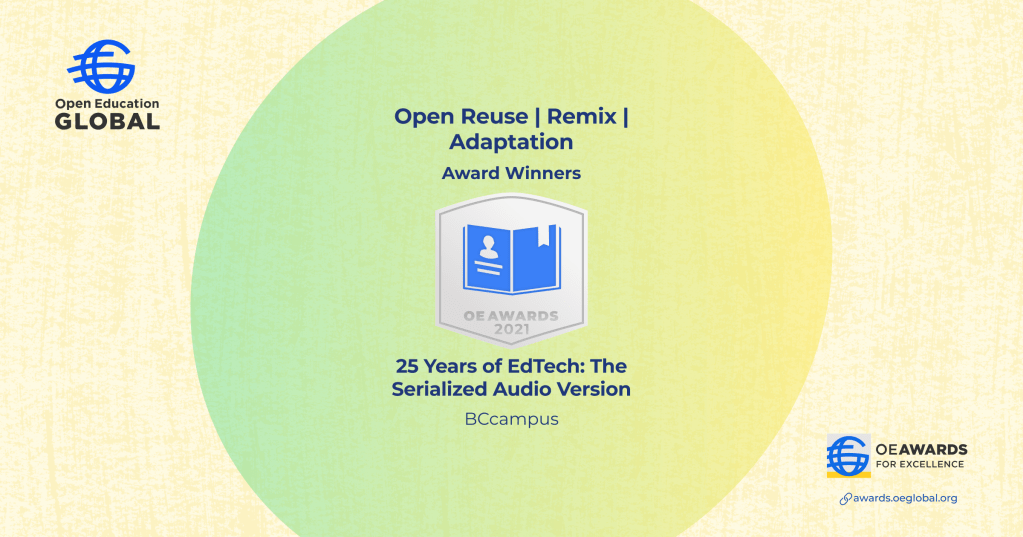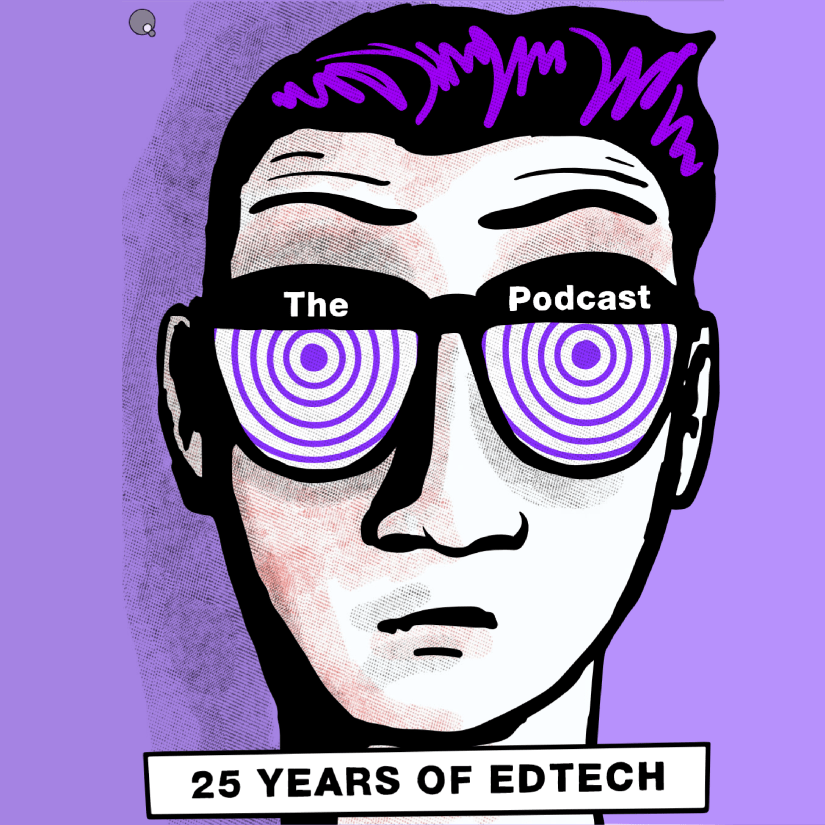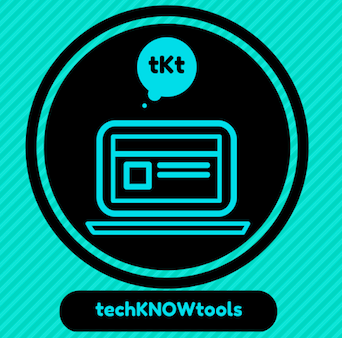Last week, I learned that a podcast project I helped to produce won an award from the Open Education (OE) Global community. Clint and I shared a thank you message (in audio format, of course) for awarding the 25 Years of EdTech: The Serialized Audio Version project a 2021 Open Education Award of Excellence for Reuse/ Remix/ Adaptation.

Here’s a bit about the award from the OE Global Awards site:
The Open Education Awards for Excellence provide annual recognition of outstanding contributions in the Open Education community, recognizing exemplary leaders, distinctive Open Educational Resources, and Open Practices from around the world.
OE Global Awards
The award was given to the project in the “Open Reuse/Remix/Adaptation” category and, according to the adjudicators, the project is an outstanding example of the power of OER reuse for the following reasons;
- Remixing the physical book into an audiobook has increased accessibility by providing the text in an alternate format.
- Drawing together the open education community around the reading of the text sparked the companion “Between the Chapters” podcast, providing a deeper dive and critical analysis by experts into the topic of each chapter. This has added an additional layer of richness to the original book.
- The weekly podcast release schedule, and accompanying critical analysis created a fundamentally new way to experience the book – slower and in bitesize chunks.
- Each episode of the main recording or the companion podcast also now exists as an OER available for future use / reuse.
Although I am honored and delighted to receive this award, I share similar sentiments with my audio project partner-in-crime, Clint Lalonde. We are grateful for the nomination and award; however, the real motivation and “win” was getting to be in community and conversation with all of you. From chats with guests on the “Between the Chapters” episodes, Twitter threads/banter, and reading/hearing your reflections on the topics for each chapter — I was overwhelmed by the interaction, engagement, and offering a space for others to give voice to these issues and ideas. I hope this remixed project inspires others to continue the conversation, as we have learned that ed tech history often repeats itself.
As Clint shared, we could not create an audiobook without the generous contributions from the ed tech and open ed community. I’m so grateful for those of you who were willing to participate in this pandemic podcast project, as your stories and thoughts about this book helped bring new ideas and perspectives for the podcast episodes. It was such a lovely time talking, editing, and producing the “book club chat” aspect of the project. Many thanks to my the “Between the Chapters” guests for your candid conversation and willingness to share:
Lorna M. Campbell, Phil Barker, Lee Skallerup Bessette, Catherine Cronin, Sukaina Walji, Grant Potter, Brenna Clarke Gray, Maha Bali , Caroline Kuhn, Anne-Marie Scott, Alan Levine, Jim Groom, Mark Brown, Clare Thompson, Jessie Stommel Mark Guzdial, Kelvin Bentley, John Robertson, D’Arcy Norman, Laura Gibbs, Bonnie Stewart, Maren Deepwell, Judith Pete, Virginia Rodés, Bryan Alexander, Alexandra Pickett, Sarah Frick, Orna Farrell, David Wicks, Sue Beckingham, Chrissi Nerantzi, Tanis Morgan Autumm Caines, Rebecca Hogue, Christian Frierich, Helen DeWaard, Dave Cormier, Rolin Moe, Amanda Coolidge, Dragan Gasevic, Joyce Seitzinger, Chris Gilliard, David Kernohan, Audrey Watters, sava sahali singh, Clint Lalonde, & (of course) Martin Weller.
If you’re just learning about this audio project, know that you can still find the 25 Years of Ed Tech: The Serialized Audio Version wherever you catch your podcasts [p.s. thanks Athabasca University Press for your support & sharing too!]. All episodes are archived and available on a number of podcast platforms. You can subscribe to listen to both the book chapters and the “Between the Chapters” conversation episodes now have detailed show notes and transcripts (new!) now available from our discussions.
Follow @YearsEd & Subscribe/Listen: https://25years.opened.ca/

Attributions
- Book text published by Athabasca University Press CC-BY-NC-ND
- BG music Abstract Corporate by Gribsound released under a CC-BY license.
- Artwork X-Ray Specs by @visualthinkery is licenced under CC-BY-SA
- Audio book chapters produced by Clint Lalonde (@EdTechFactotum)
- Between the Chapters podcast produced by Laura Pasquini (@LauraPasquini)




You must be logged in to post a comment.